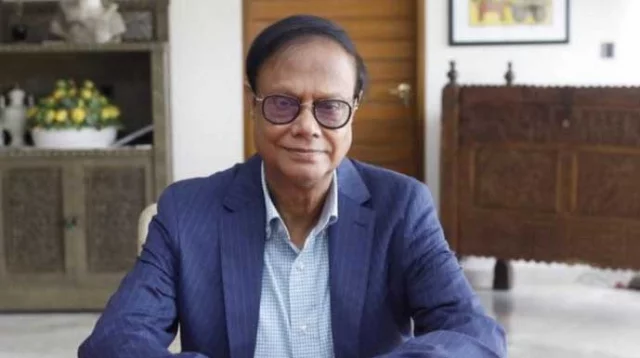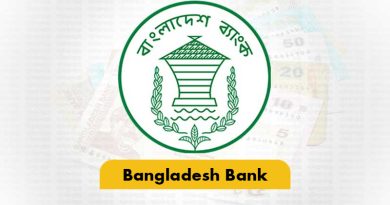Bangladesh Bank and the capital market regulator have drawn up a comprehensive roadmap to deepen the country’s bond market, proposing securitisation of public infrastructure, stronger pension reforms, and tradable savings certificates to improve liquidity and reduce reliance on bank loans.
The plan was unveiled Monday at a seminar organised by the Bangladesh Securities and Exchange Commission (BSEC) and the Dhaka Stock Exchange (DSE), attended by BB Governor Dr. Ahsan H. Mansur and Finance Adviser Dr. Salehuddin Ahmed.
Dr. Mansur said Bangladesh’s financial system is “in reverse order,” with excessive dependence on bank loans while bonds dominate global finance. “Corporations are biased towards banks and reluctant to issue bonds. We need to create both push and pull factors,” he noted, suggesting bank borrowing caps to encourage bond issuance.
He identified liquidity constraints as a major hurdle, pointing to the large pool of non-tradable savings certificates. “These should be made tradable and more accessible to households,” he said. He also urged securitisation of infrastructure projects such as the Padma and Jamuna bridges and metro rail, proposing a dedicated department under the finance ministry to oversee such efforts.
The governor further stressed transforming Bangladesh’s unfunded pension system into a funded one to drive bond demand, alongside reforms in the insurance sector to support long-term financing.
Chief guest Dr. Salehuddin Ahmed highlighted governance and taxation challenges, noting that Bangladesh’s tax-to-GDP ratio is just 7.2 per cent compared to Brazil’s 26 per cent. “People pay taxes but don’t get services. If taxpayers are treated well, they’ll be more willing to pay,” he said.
He cautioned against populist calls for tax cuts, arguing that limited revenues undermine health, education, and infrastructure spending. “We want big projects, but where is the money?” he asked.
The adviser called for a stronger capital market, expanded Sukuk bonds, and reforms to gratuity, pension, and insurance funds. “A dynamic financial sector cannot rely only on banks. It must include a robust bond market, an effective insurance industry, and specialised instruments,” he said.
Above all, he underscored the need for public trust. “People must feel that when they pay taxes, they get services in return. That is the ultimate test of good governance,” Dr. Ahmed concluded.






